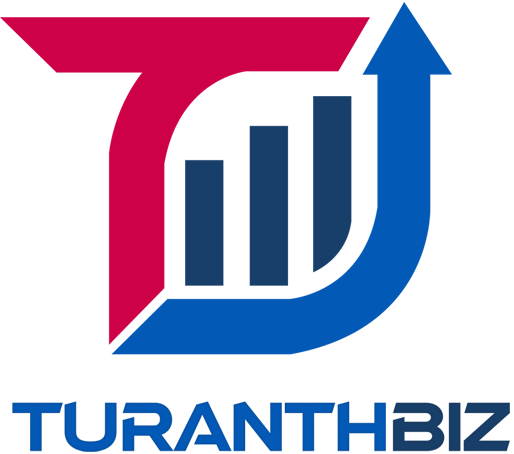5 Reasons to Use ERP Software with POS Today

Introduction
In today’s competitive business landscape, efficiency and data-driven decision-making are crucial for success. Enterprise Resource Planning (ERP) and Point of Sale (POS) systems play vital roles in managing business operations. While POS systems handle front-end transactions, ERP systems provide a centralized platform for back-end processes, including inventory, accounting, and customer management.
Integrating ERP with POS eliminates inefficiencies caused by disconnected systems, ensuring seamless operations, real-time data synchronization, and improved customer service. Businesses that embrace this integration benefit from increased profitability, streamlined workflows, and scalable growth. Let’s explore the 5 reasons use ERP Software with POS today for modern businesses.
1. Streamlined Operations & Efficiency
One of the most significant benefits of integrating ERP with POS is the automation of key business processes. Instead of manually updating sales records, inventory levels, and financial transactions, an integrated system ensures seamless data flow between different departments.
Key Benefits:
- Automates inventory management: Sales transactions automatically update stock levels, reducing stockouts and overstocking.
- Minimizes manual errors: Eliminates redundant data entry, ensuring accuracy in financial records and order processing.
- Enhances workflow efficiency: Employees can focus on customer service and strategic tasks rather than manual updates.
By automating processes, businesses can reduce operational bottlenecks and improve overall efficiency.
2. Real-Time Data & Reporting
In a fast-paced business environment, real-time access to data is essential for making informed decisions. A POS-ERP integration provides live insights into sales trends, inventory movements, and financial performance.
Key Benefits:
- Instant access to business insights: Monitor revenue, customer purchasing behavior, and stock levels in real-time.
- Improved decision-making: Accurate data helps businesses forecast demand and optimize inventory purchases.
- Enhanced reporting capabilities: Generate automated financial, inventory, and sales reports for better planning.
With real-time reporting, businesses can proactively address challenges, optimize resource allocation, and improve profitability.
3. Improved Customer Experience
Customer satisfaction is the backbone of any successful business. A well-integrated ERP-POS system enhances customer interactions by offering faster, more personalized services.
Key Benefits:
- Faster checkout process: Reduces wait times by ensuring product availability and automating transaction processing.
- Personalized customer engagement: Access to purchase history enables businesses to offer tailored promotions and loyalty rewards.
- Omnichannel experience: Customers receive a consistent shopping experience across physical stores and online platforms.
By improving customer interactions and reducing inefficiencies, businesses can increase customer retention and drive long-term loyalty.
4. Better Financial Management & Compliance
Financial accuracy is crucial for sustainable business growth. A POS-ERP integration provides a centralized financial system that ensures accuracy, transparency, and compliance.
Key Benefits:
- Automated financial tracking: Sales, expenses, and profits are updated in real-time, reducing discrepancies.
- Ensures tax and regulatory compliance: Automated tax calculations help businesses adhere to legal requirements effortlessly.
- Reduces revenue leakage: Minimized fraud risks through audit trails and restricted access to sensitive data.
With integrated financial management, businesses can maintain transparency, optimize cash flow, and avoid costly compliance errors.
5. Scalability & Future Growth
As businesses grow, scalable technology becomes essential to accommodate expanding operations. A combined ERP-POS solution offers flexibility and adaptability for future business needs.
Key Benefits:
- Supports multi-location management: Expands seamlessly across multiple stores, warehouses, and eCommerce platforms.
- Easily integrates with new technologies: Works with CRM, eCommerce, and AI-driven analytics tools.
- Future-proof business operations: Keeps businesses competitive in an evolving digital landscape.
By investing in an integrated system today, businesses can achieve sustainable growth and stay ahead of industry trends.
Conclusion
Integrating ERP software with POS is no longer a luxury—it’s a necessity for businesses seeking efficiency, accuracy, and scalability. By streamlining operations, enabling real-time insights, enhancing customer experience, improving financial management, and ensuring future growth, businesses can maximize their potential.
Now is the time to take action! If you want to boost operational efficiency and drive long-term success, explore ERP-POS integration solutions tailored to your business needs.

